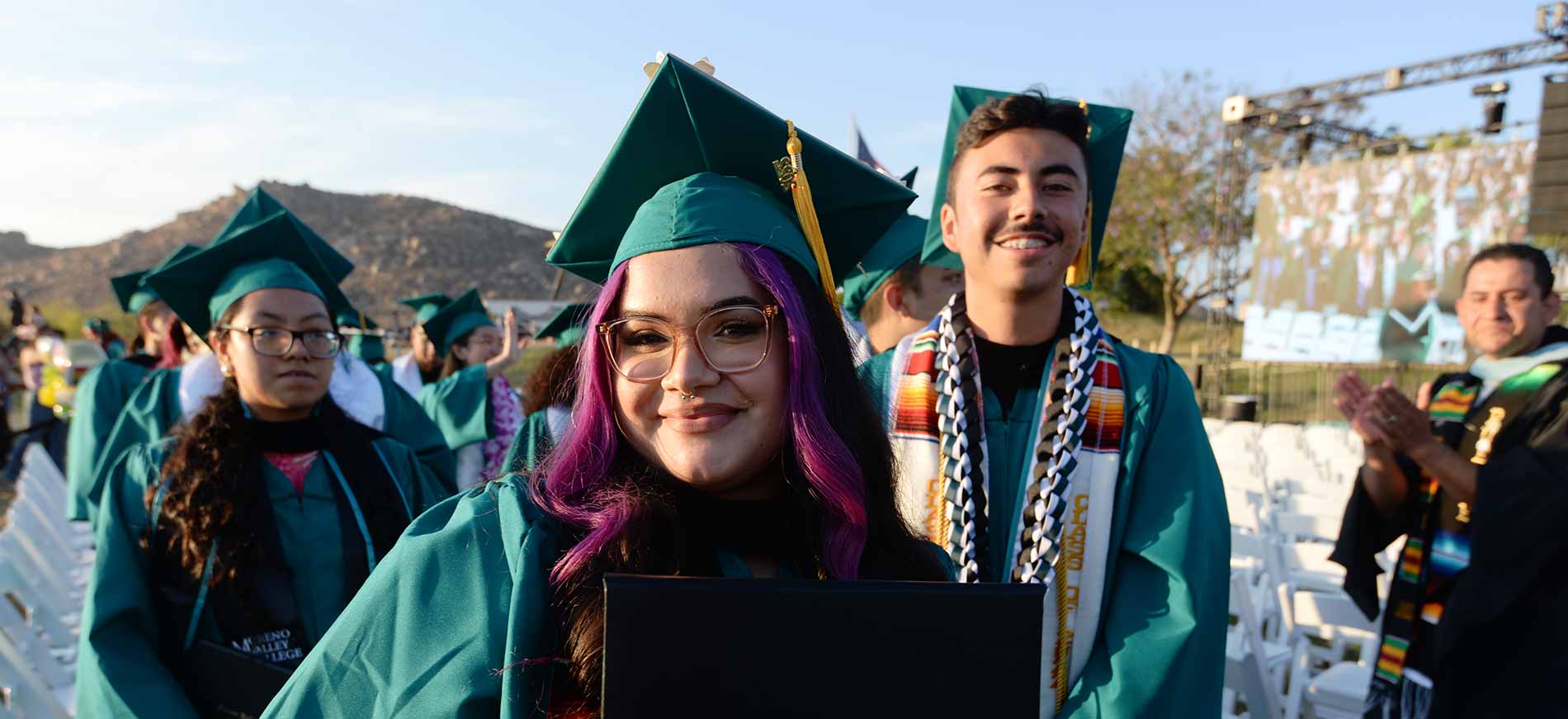Mentoring
Make a difference
We've all had a Mentor, whether it be teachers in school, a peer, a boss that helped lead the way, a more experienced friend and most of us can describe the vast impact that those mentors had on our lives. That's why MVC's Umoja program helps connect Umoja students with mentors that help them develop stronger academic and professional skills.
Become a Mentee
Seek a Mentor through the Umoja Program
The Umoja mentoring program is designed to help you navigate your semester and provide students with mentors to assist with career development with peer and professional guidance. That mentor then provides support to the mentee based on what the mentee's needs may be.
Why become an Umoja mentee?
As an Umoja Community mentee you will be provided with invaluable experiences, guidance, and knowledge.
- Develop a professional network in a given field
- Career guidance
- Employment opportunities
- Have someone around to answer questions
- Be informed about campus activities (lectures, workshops, cultural, and recreational)
- Regular correspondence with mentors on a regular basis in person, by phone, or through social media
- Learn about campus resources
Mentee Statement of Responsibility
Mentees are expected to maintain a productive relationship with their mentor. They should make frequent contact to utilize the academic expertise and knowledge of the mentor. One should determine the best times to make contact with the mentor and be prepared to make the most of the scheduled meetings. Mentees should be willing to attend and participate in various college events.
Become a Mentor
Help guide an Umoja student to success
MVC's Umoja mentorship program is dedicated to increase the number of educationally underserved students who enroll, earn their degrees, transfer, and return as leaders and mentors for future generations. Mentoring is perhaps one of the most important exchanges that can occur between the veterans of a profession and those students interested in a given profession.
Qualities of a Good Mentor
Mentoring is a practice that allows students to make a more personal connection with someone who can offer support, guidance, and encouragement while dealing with the challenges of managing school and life.
- Caring
- Active listener
- Flexible, open, and approachable
- Dependable and enthusiastic
- Nonjudgmental attitude
- Committed
- Resourceful and able to support mentees as they strive toward their educational or career goals
Mentor Responsibilities
- Attend the Umoja Mentoring Program orientation breakfast
- Meet with mentee for one (1) hours per month for one (1) academic calendar year. Contact with mentee includes but is not limited to face-to-face, phone calls, e-mail, and other forms of social media as needed.
- Focus attention on the student's areas of interest
- Communicate twice a month with the Umoja Student Success Coach
- Attend program ceremonies, including orientation and the Umoja celebration at the end of the program year
- Provide all needed data for program evaluation
- Must be over 21 years of age
- Must complete an application
- Be prepared to meet with your assigned mentee
We encourage participants to meet for at least one hour per month.
We ask that you maintain the relationship for one academic year but hopefully a relationship will be built for a lifetime.
It's up to you and your partner to decide the best way to have your meetings. In person meetings are not always possible. Some participants are meeting by telephone, Skype, or other virtual methods.
It's simple! We ask for your commitment. That's it! If you are matched with a Mentor or Mentee, we ask that you maintain communication with your partner for the duration of the program. We also ask that you maintain periodic communication with the Umoja/MVC team and let them know how things are going. If the relationship is not working out, we need to know! We can always rematch the pair, or provide additional program support for pairs in need, but we can only help if you ask.
Mentees are expected to maintain a productive relationship with their mentor. They should make frequent contact to utilize the academic expertise and knowledge of the mentor. One should determine the best times to make contact with the mentor and be prepared to make the most of the scheduled meetings.
